The Union Cabinet on Tuesday approved a budget of over Rs 3,900 crore for a National Population Register.
This has come in the backdrop of massive protests all across the country against the CAA and the NRC. While the protesters see the NPR as the first step towards a country-wide NRC, the government has actively tried to deny it.
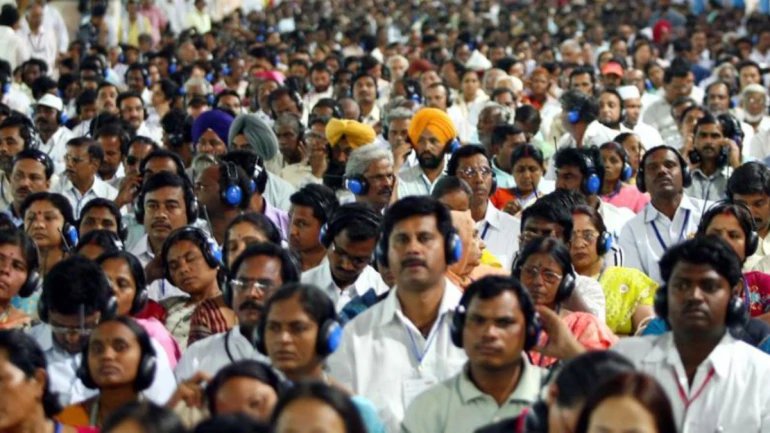
So, let’s take a look at what the whole issue is.
1. What is the NPR and how is it different from a regular census?
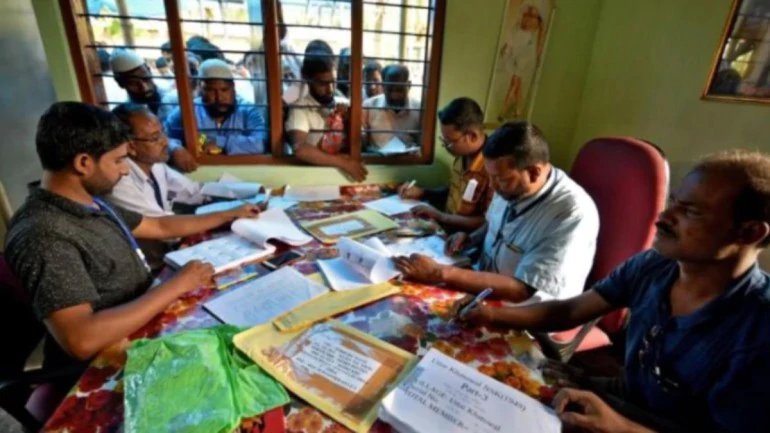
Now, this is not a drive to get the census as it intends to record even foreign nationals staying in an area for more than 6 months
2. Has the government made it mandatory to register for NPR?
According to reports, The NPR is being prepared under provisions of the Citizenship Act, 1955 and the Citizenship (Registration of Citizens and issue of National Identity Cards) Rules, 2003.
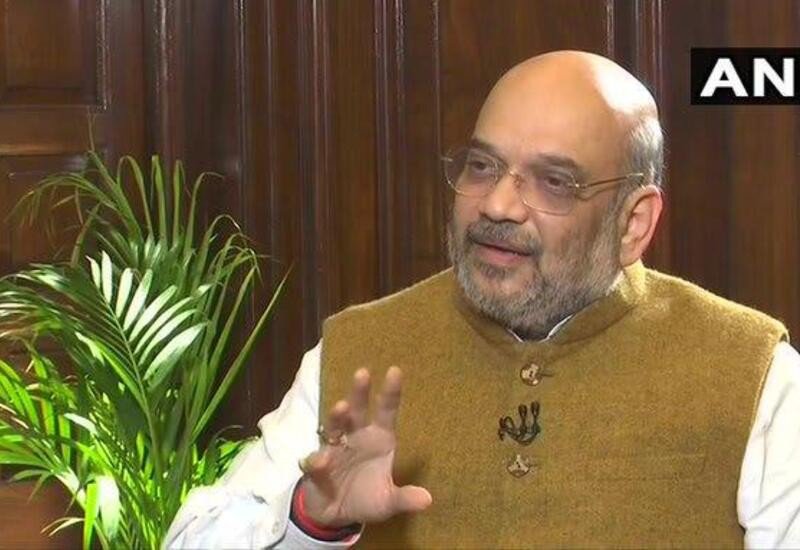
3. Has there been an NPR before?
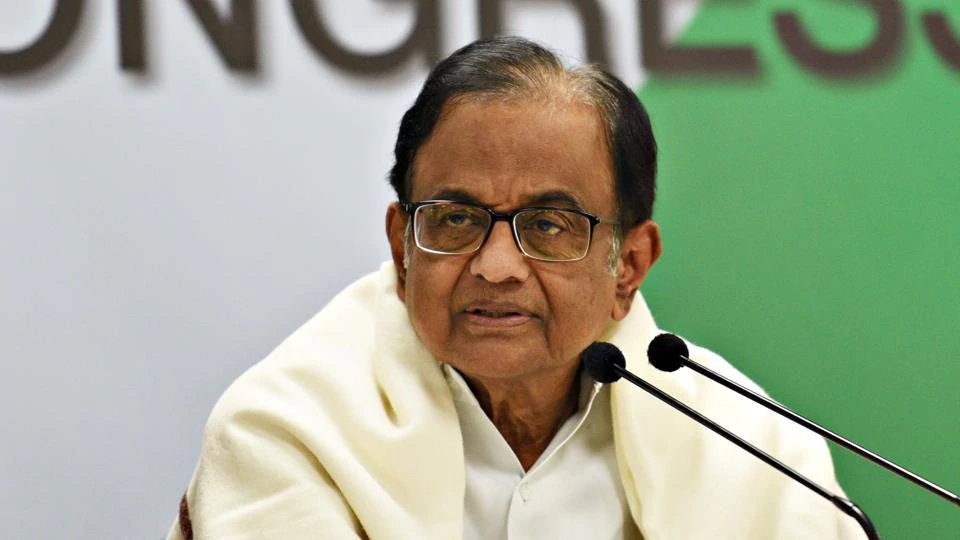
Chidambaram had then pushed for the NPR considering it to be a better vessel than Aadhar as it connected every recorded resident to a house through Census.
However with the Modi government choosing Aadhar as the best way to transfer government benefits to people, NPR had taken a backseat.
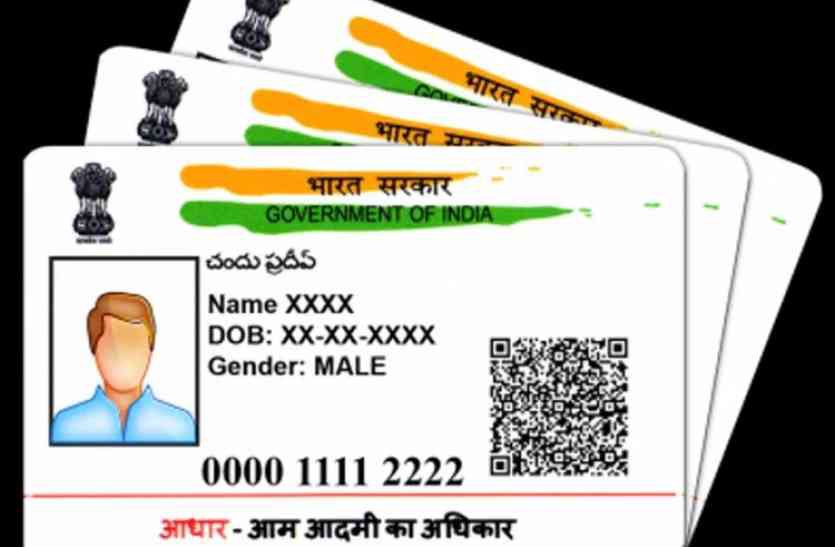
4. What kind of data is the government looking to collect for the NPR? And how is it connected to the NRC?
The last NPR data had been collected in 2015. This was done on the basis of 15 aspects. This time, however, the government has increased it to 21, including the problematic, ‘date & place of birth of parents.’
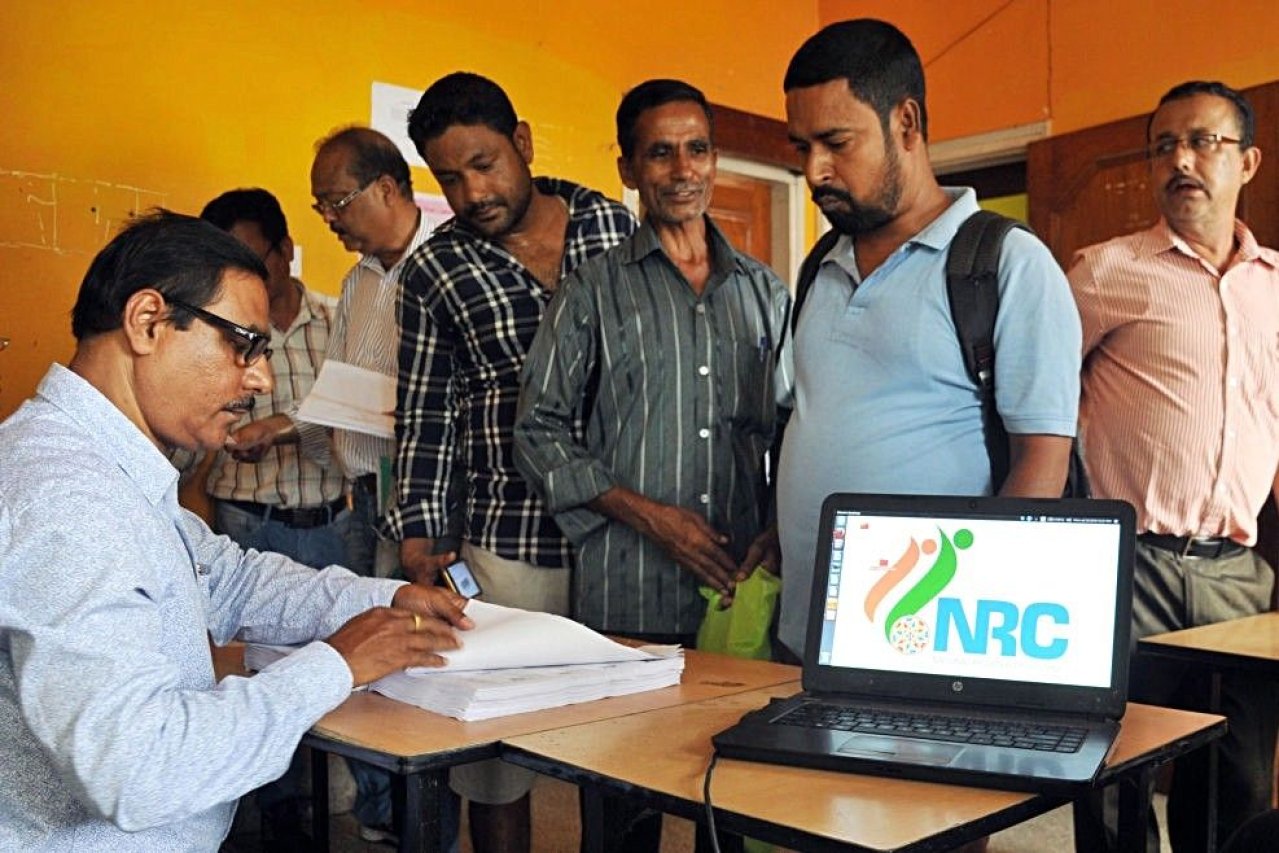
Which is where it becomes a stepping stone for the National Register of Citizens (NRC).

5. But NPR doesn’t necessarily mean that an NRC would follow, does it?
No, it doesn’t. No such register was compiled after the last NPR in 2010. The Home Ministry has in fact issued a statement saying, ‘There is no proposal at present to conduct a nationwide NRC based on the NPR data.
Home Minister Amit Shah has also said that the two were not connected and that NPR data would not be used for NRC.
However, the Home Minister had repeatedly said in the past that there would be a countrywide NRC, even in Assam, which has already gone through the process once.
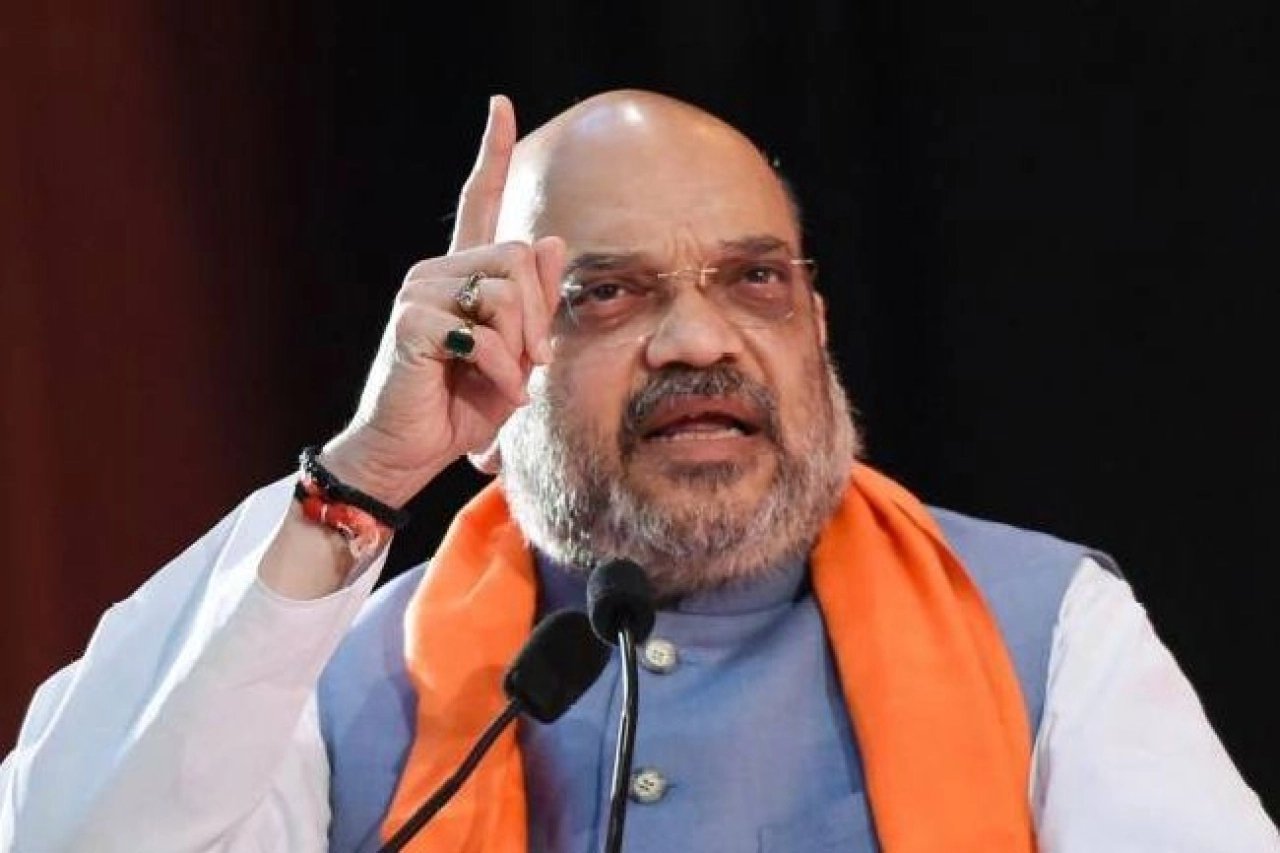
According to reports, the government has also issued multiple statements in the parliament about linking the NPR and the NRC. Even the Home Ministry’s annual report had the same statement.

According to The Indian Express, the then Minister of State for Home. Kiren Rijiju had told Rajya Sabha:
The NPR is the first step towards creation of National Register of Indian Citizens (NRIC) by verifying the citizenship status of every usual residents.
So read more about the subject, how it is connected to the NRC and in turn with the CAA. Know your rights.

















